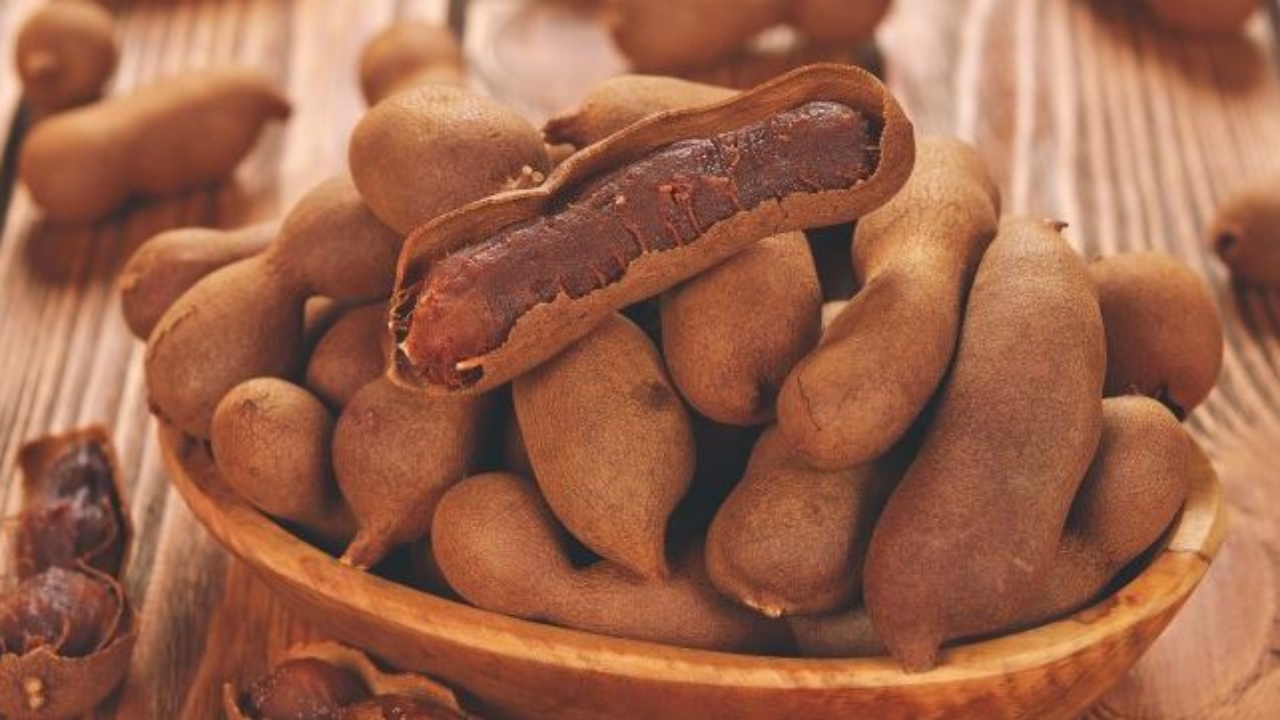Hadjod is a fleshy plant that is widely used in cooking traditional soups, chutneys and dals in India. Additionally, its immense curative abilities are documented in great detail in Ayurveda. According to scholarly texts of this age-old practice of Indian medicine, hadjod portrays powerful traits in mending fractures of the bones, as well as being an excellent natural remedy for flatulence, indigestion, weight loss, epilepsy, decreased sexual desire and haemorrhoids.
Benefits Of Hadjod
- Fortifies Bones And Joints
- Regulates The Digestive Process
- Protects The Hepatic System
- Acts As An Aphrodisiac
- Efficiently Detoxifies The Body
- Heals Bone Conditions
- Promotes Weight Loss
- Treats Dental Infections
- Manages Epilepsy Symptoms
- Remedies Severe Hemorrhoids
- Alleviates Asthma Symptoms
- Controls Blood Sugar Levels
- Improves Heart Health
Nutritional Facts Of Hadjod
The nutritional content fount in hadjod root powder/100 gm is:
| Carbohydrates | 68.89 ± 1.16 mg |
| Proteins | 7.5 ± 0.17 mg |
| Fibres | 5.97 ± 0.10 mg |
| Potassium | 67.5 mg |
| Calcium | 39.5 mg |
| Zinc | 3 mg |
| Sodium | 22.5 mg |
| Iron | 7.5 mg |
| Lead | 3.5 mg |
| Cadmium | 39.5 mg |
| Copper | 0.5 mg |
| Magnesium | 1.15 mg |
Risks Of Hadjod
Various studies demonstrate that hadjod extracts are safe and free of side effects at commonly used doses. The reported side effects of hadjod extract are lack of appetite, staggering, dyspnoea, and diarrhoea in a limited case.




